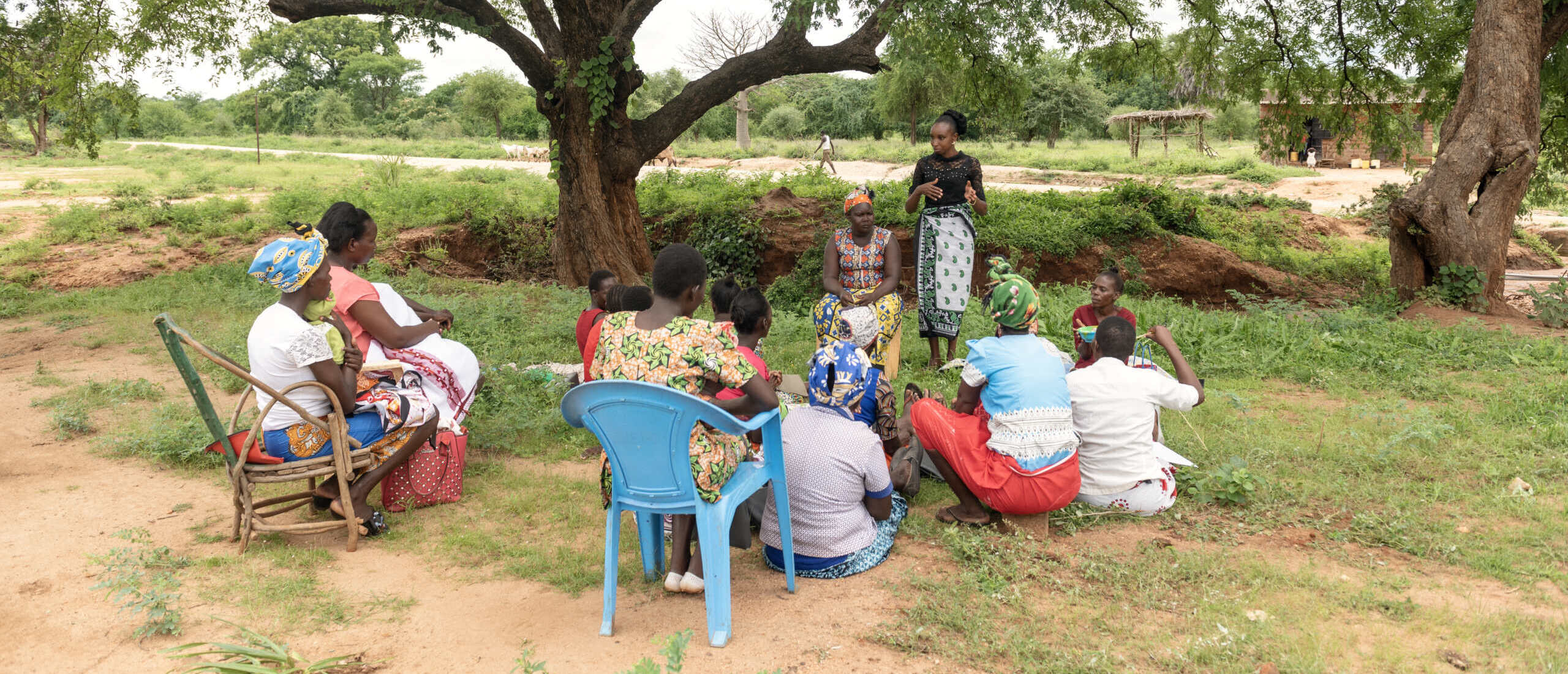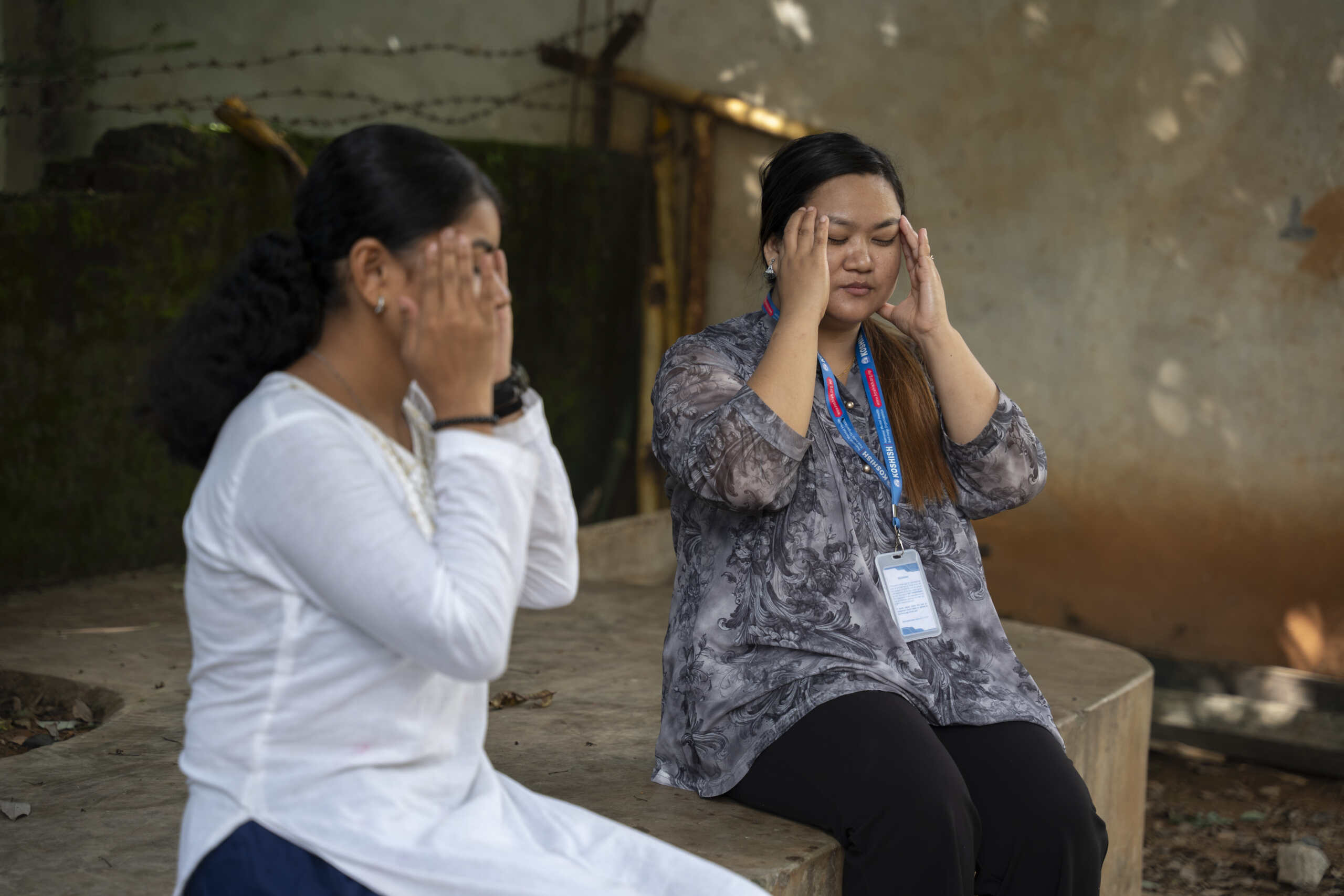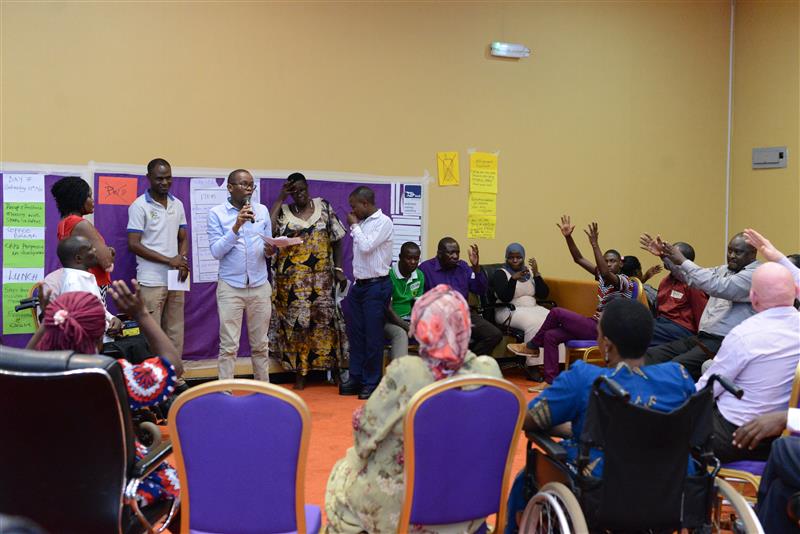Putting the patient and communities at the centre of our approach
Blog | January 30, 2022
This blog is written by Dr. Danny Haddad, inclusive eye health and neglected tropical diseases director, and Dr. Julian Eaton, mental health director, of CBM Global.
Neglected Tropical Diseases (NTDs) continue to affect 1.7 billion, mostly the poorest, people in the world. Although much progress has been made towards achieving control or elimination of these diseases, they continue to cause a huge amount of suffering and lead to high levels of disability in those already affected.
At CBM Global, we are therefore not only looking at helping our partners to eliminate the infectious agents, to ensure no one is longer at risk of these diseases, but we approach NTDs in a holistic manner. We put the patient and communities at the centre of our approach, prioritising social inclusion for often marginalised people, and designing our programmes to not only provide health care, but also address social needs, livelihoods, and mental wellbeing.
NTDs and mental health
It is well known that the consequences of NTDs have a huge impact not only on the person but the whole household and family of the person affected. We know that many persons living with diseases like leprosy or lymphatic filariasis are also at high risk of developing depression and anxiety. The stigma that is still related to these diseases leads to people being excluded from their communities or being discriminated against in communities and workplaces.
We work with our partners to create awareness in communities to prevent exclusion, discrimination, and abuse. At the same time, we train front-line health workers to screen for symptoms of depression and anxiety among those they see with NTDs and develop self-help groups as an important platform for recovery.
NTDs and exclusion
We have found that people with disabilities are often excluded from services, and CBM Global works closely with partners to ensure that all NTD work includes people with disabilities. For example, Water, Sanitation and Hygiene (WASH) provision is the basis for the prevention of several NTDs and a crucial element to ensuring sustainable control or elimination. We make sure that people who used to be excluded in the community have access to clean water and hygiene facilities.
Many who are affected by NTDs are excluded from work. In our holistic approach, we help people with disabilities to develop livelihoods, as a way to escape poverty and support themselves and their families. Through this approach of caring for the whole person, we have seen lives transformed and people with NTDs living full lives and engaging meaningfully in their communities.
Learn more about our work on Neglected Tropical Diseases
https://cbm-global.org/blog/patient-and-communities-at-the-centre
Related News

What our partners told us and how it shapes our future
One of our strategic priorities as a Federation is to shift power in partnerships....

Breaking Stigma, Building Hope: Suicide Prevention in Nepal
After losing her young daughter to suicide, Maya developed a mental health condition while...

Accessibility, reasonable accommodation, and budgeting for inclusion
Budgeting for inclusion, accessibility, and reasonable accommodation must be...
